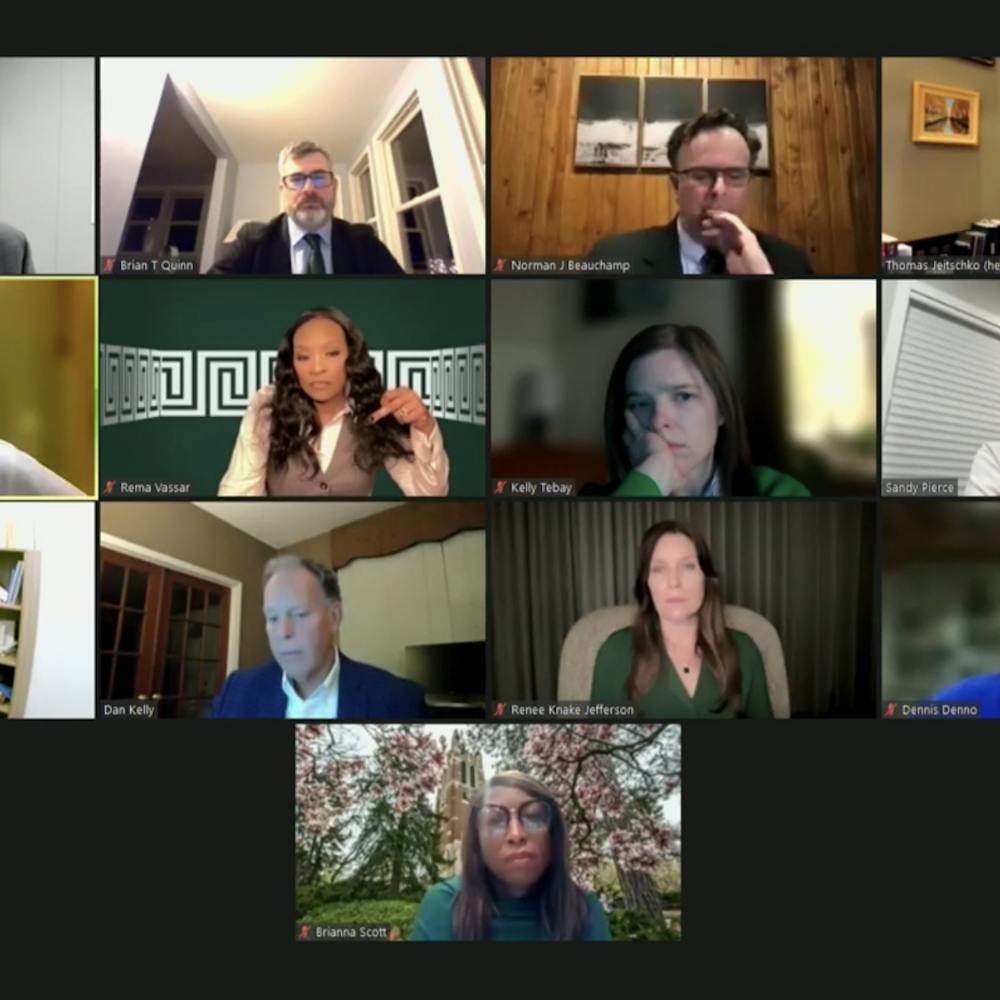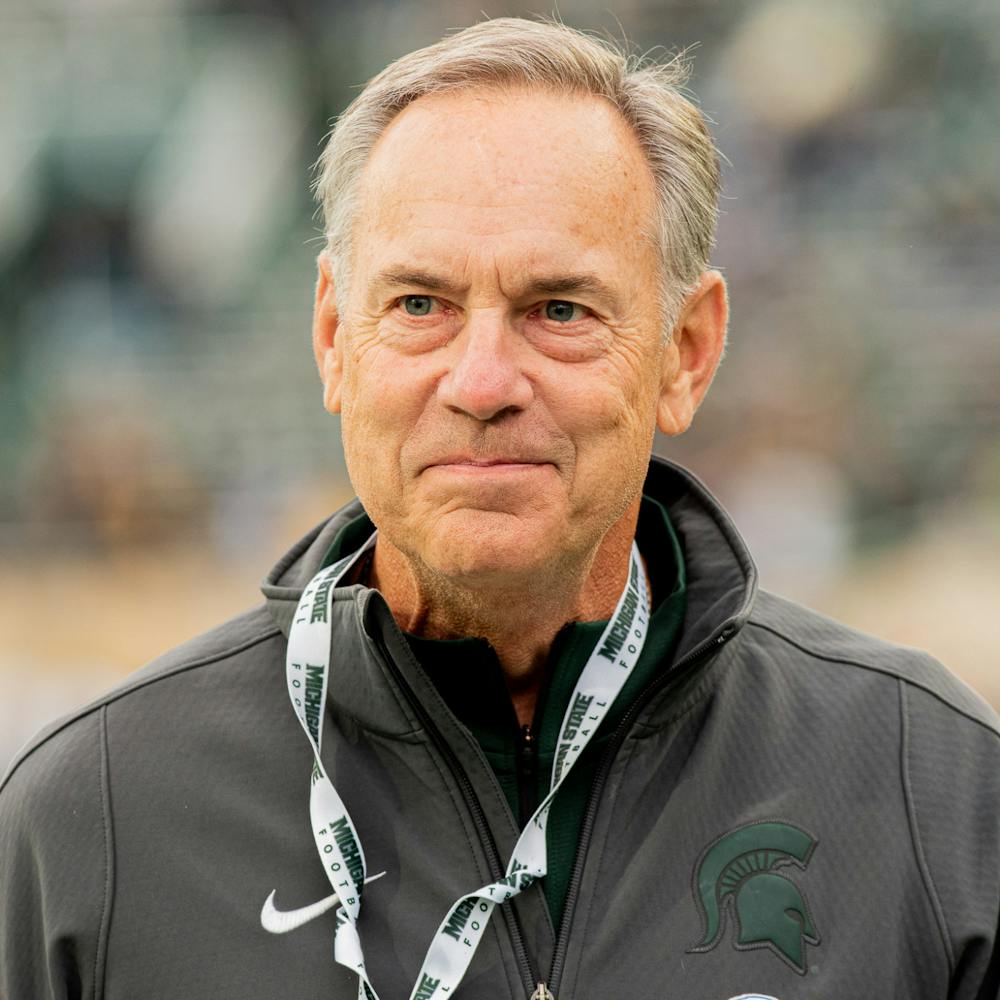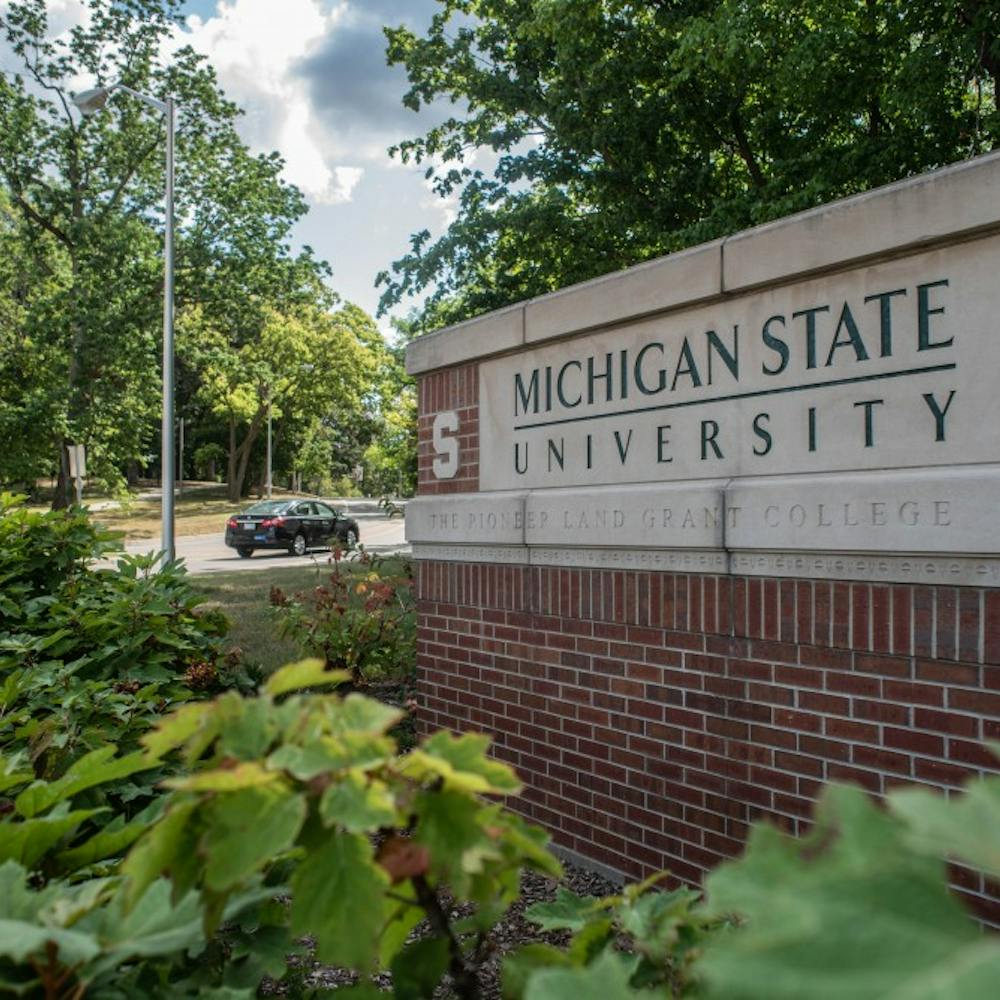Editor’s Note: Views expressed in guest columns and letters to the editor reflect the views of the author, not the views of The State News.
With the 2013 NCAA men’s basketball tournament in our rear-view mirror, I would like to address an issue the NCAA dubbed unnecessary — paying collegiate athletes.
I know this upsets many college students who currently are paying their way through college. The idea of an 18-year-old kid receiving a college scholarship valued around $25,000 plus a salary once upset me, too. But I have begun to reconsider the proposition.
Perhaps we should evaluate the value these athletes provide the university just as we would any other student job.
If you work in the cafeteria, you receive a paycheck for your services and you still are able to earn a scholarship. You provide value to the university and are paid commensurately.
Certainly there are some glaring differences between a cafeteria worker and a basketball player. Basketball players spend hours upon hours practicing, working out, watching film and dealing with an unreasonable and oppressive boss … Tom Izzo. Then, two or three times a week, they must perform in front of thousands of people and sometimes millions, if the game is televised. Their successes and failures are nationwide news. The pressure they deal with is comparable to no other job on campus.
Yet, there is probably an even more significant difference between the college athlete and the average coed. The biggest difference is the revenue an athlete in a major college sport generates for the university.
David Berri of The Huffington Post recently estimated a typical major college basketball win is worth $100,000 for a top-tier university. Can anyone else on this campus say they have generated similar value in two 20-minute halves? Email me if you have, I would be very interested in learning how.
One might make the case the evil university is exploiting a simple worker — in some cases child laborers.
Should an elite athlete not be paid by more than a simple scholarship given the tremendous value they provide the university and all of us?
So, what is the market value of an individual basketball player? Statisticians have created a formula to determine how many wins can be credited to an individual player based upon statistics, such as points, assists, rebounds, blocks, etc. By their formula, Adreian Payne can be credited with 6.4 of MSU’s 25 regular season wins. Gary Harris can be credited with 4.6, Branden Dawson with 4.5, Keith Appling with 4.2 and Derrick Nix with 4.2 wins. The rest of MSU’s wins can be attributed to various bench players.
If we combine The Huffington Post’s value of a win and our statistician’s allocation of credit, Payne has a whopping market value to the university of $640,000 per year. That would be some serious money for a college kid.
Am I saying we should pay Payne his full market value of $640,000? Probably not. Even that seems like a little too much to me. But hey, I always have been an advocate of letting the market dictate prices.
Maybe a salary cap of some sort would make sense. Something to make sure they can put gas in their car, go out to dinner or get a tattoo … Ohio State. You know, some walking around money. A salary cap also would prevent schools, like Duke, a private university with a large endowment, from overpaying and dominating the recruiting process.
The money also could come from trimming fat in other places. For example, Izzo’s salary does not vary greatly from the average NBA head coach, yet NBA teams earn roughly 10 times the revenue, according to the article. The Huffington Post correctly points out that some coaches’ large salaries come in part at the expense of the players who work for very little.
One of the major flaws of paying players is you likely would create a group of elite schools willing to pay top dollar for a recruit — such as MSU, Duke and Kentucky. This might leave many lower-level schools that have nothing more than scholarships to offer in compensation without promising recruits.
But that really is not too different from how it already is. According to Rivals.com, for the basketball recruiting class of 2013, Kentucky has four of the top 10 recruits in the country. That seems pretty elitist to me.
I understand the life of an athlete seems glamorous and maybe over-hyped to some. And compensation in the form of a free college education is nothing to scoff at. As a fellow student, it is hard not to be jealous of a kid who can attend college for free by competing in a game we all play for fun, albeit poorly.
But if I was good enough, I sure would want to be paid for it. I would not work in the cafeteria for free and is this so different?
Alex Brooks is a guest columnist at The State News and an economics senior. Reach him at brook194@msu.edu.
Support student media!
Please consider donating to The State News and help fund the future of journalism.
Discussion
Share and discuss “Should college athletes be paid?” on social media.







